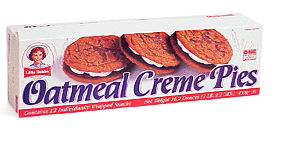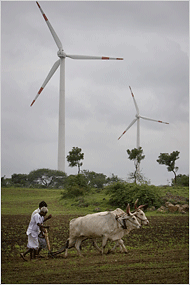 Ethanol and biodiesel. Corn? Certainly. Soybean? Of course. Sugar cane? In Brazil. Algae? Okay, sure. Why not? But McKee Foods has a new idea, and I can guarantee you aren’t expecting it. The maker of Little Debbie and Sunbelt snacks is far from the only American company to worry about the rising cost of fuel for their trucks or to consider greening their manufacturing plants. But they are currently looking into one of the more innovative possibilities to solve both problems simultaneously.
Ethanol and biodiesel. Corn? Certainly. Soybean? Of course. Sugar cane? In Brazil. Algae? Okay, sure. Why not? But McKee Foods has a new idea, and I can guarantee you aren’t expecting it. The maker of Little Debbie and Sunbelt snacks is far from the only American company to worry about the rising cost of fuel for their trucks or to consider greening their manufacturing plants. But they are currently looking into one of the more innovative possibilities to solve both problems simultaneously.
In a lecture given to the Chattanooga Engineers Club, a technical society based in Chattanooga, TN, the largest city close the Little Debbie manufacturing facility in nearby Collegedale, Terry Howell, the company’s director of research, presented their solution. According to him, they are looking into the possibility of converting their plants’ waste into ethanol and biodiesel — which could then be used to fuel their fleet of delivery trucks. The idea is relatively simple. No manufacturing process is perfect, and some Little Debbie snacks come off the line unsalable. According to the company’s internal estimates, each of their three plants could produce 700,000 gallons of ethanol and 400,000 gallons of biodiesel each year from the non-edible food waste that comes off the lines.
Apparently, instead of throwing away these seconds, McKee currently sells them to an animal feed company — though why we are feeding cows Little Debbies, I couldn’t really say. Still, that’s a lot of oil that won’t be burned, and if McKee can actually manage to fuel their fleet with stale oatmeal creme pies, they may just have hit upon an incredibly innovative business model. Not to mention the resultant avalanche of Internet humor. Enough high fructose corn syrup to power an eighteen-wheeler? The sky really is the limit.
Photo Credit: Little Debbie


